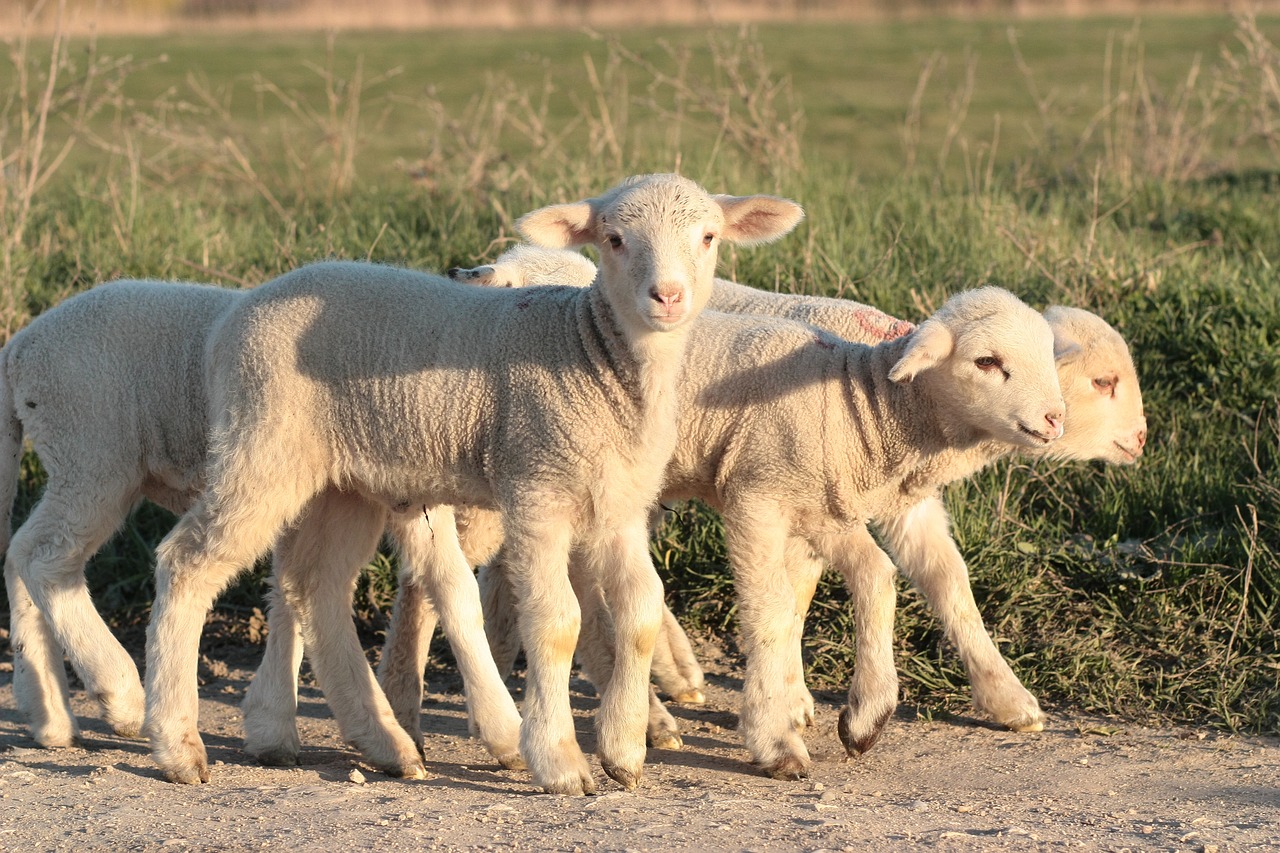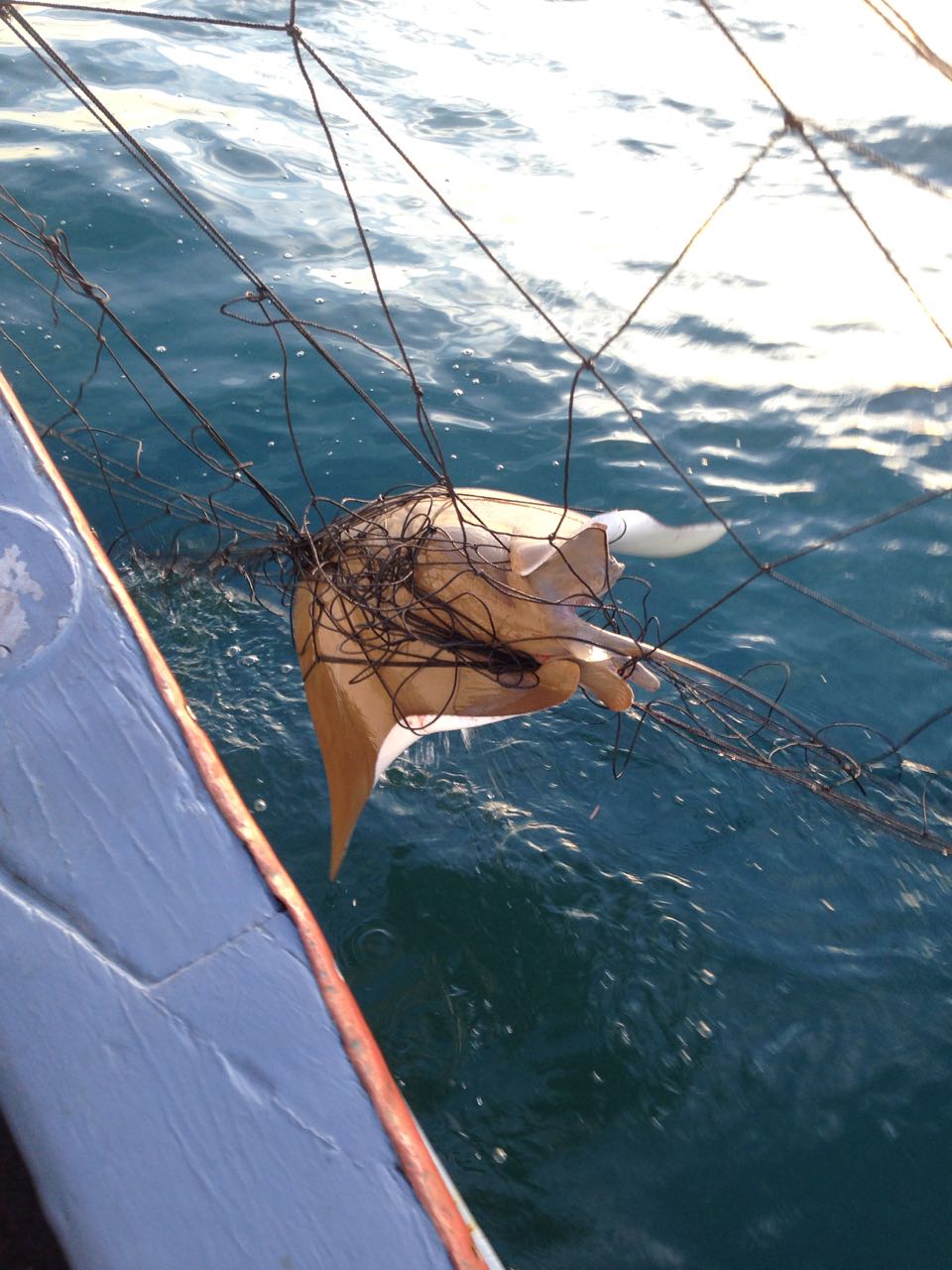Last week the Australian Council of Wool Exporters and Processors (ACWEP), the National Council of Wool Selling Brokers of Australia (NCWSBA), and WoolProducers Australia (WPA) united to call for a national coordinated strategy to address live lamb cutting (mulesing). The Australian Alliance for Animals, FOUR PAWS Australia and Humane World...
Today marks World Wildlife Day, and this year’s theme is Sustaining All Life on Earth. This theme couldn’t be more apt here in Australia as wildlife and their habitats are reeling from the combined impacts of drought followed by bushfires in recent months.
Even before the bushfires swept through Australia, we were facing an extinction crisis, with one of the worst conservation records globally. Following the bushfires a federal government assessment has estimated that 113 species have lost at least 30% of their habitat and require urgent management intervention, and an initial assessment of the 84 listed threatened ecological communities indicates that 20 have more than 10% of their estimated distribution within the fire extent, and another 17 have been directly impacted. We now face a herculean task to protect and restore our wildlife and their habitat as the land recovers, but one that is essential if we want to stem further declines.
The groundswell of support both in Australia and internationally for the protection and recovery of our wildlife in the wake of the bushfires has given us hope. Our wildlife has sustained significant impacts, but with help and appropriate management many animals and habitats will recover. HSI has welcomed the initial $50 million investment made by the federal government for emergency wildlife and habitat recovery. We have been attending the expert roundtables organised by the government in response to the bushfire emergency setting out what needs to be done in both the short and longer term to recover species and their habitats impacted by bushfires.
The review of the Environment Protection and Biodiversity Conservation Act 1999 (EPBC Act) currently underway has also come at a critical time. It provides HSI and our supporters with the opportunity to reiterate the need for stronger environment laws. Laws that are able to cope with a changing climate and the likely increase in catastrophic events as seen in recent months. Laws that deal with the cumulative impacts on our wildlife, from developments to climate change, and ensure animals can be protected and their habitats restored to enable populations to recover. Laws that ensure that science prevails over politics.
What these past months have made absolutely clear is that the previously inadequate business as usual approach will no longer be anywhere near enough for our wildlife or tolerated by the community and must be confined to history. The Commonwealth needs to take the lead in protecting and restoring Australia’s environment which will require much stronger leadership and oversight from the federal government than previously seen to tackle the challenges that lie ahead. We need a significant long term increase in the funds available for our wildlife and our habitat – short term one off payments can only act as a band aid and do not deal with the broader problem of chronic under-investment. Substantial funding needs to be dedicated to the environment. This must not be seen as an optional ‘one off’ investment but as a long term sustained approach, essential if we want to sustain life on Earth.
Alexia Wellbelove is a Senior Program Manager at the Humane Society International (HSI). She joined the organisation in 2009. With over two decades experience in conservation her current focus is environmental policy, marine conservation (particularly marine mammal and fisheries bycatch) and wildlife trade. She helped found the Places You Love alliance and serves on a number of state and federal government committees. She has represented Australia as a member of the delegations to both the International Whaling Commission (IWC) and the Convention on Migratory Species (CMS).


